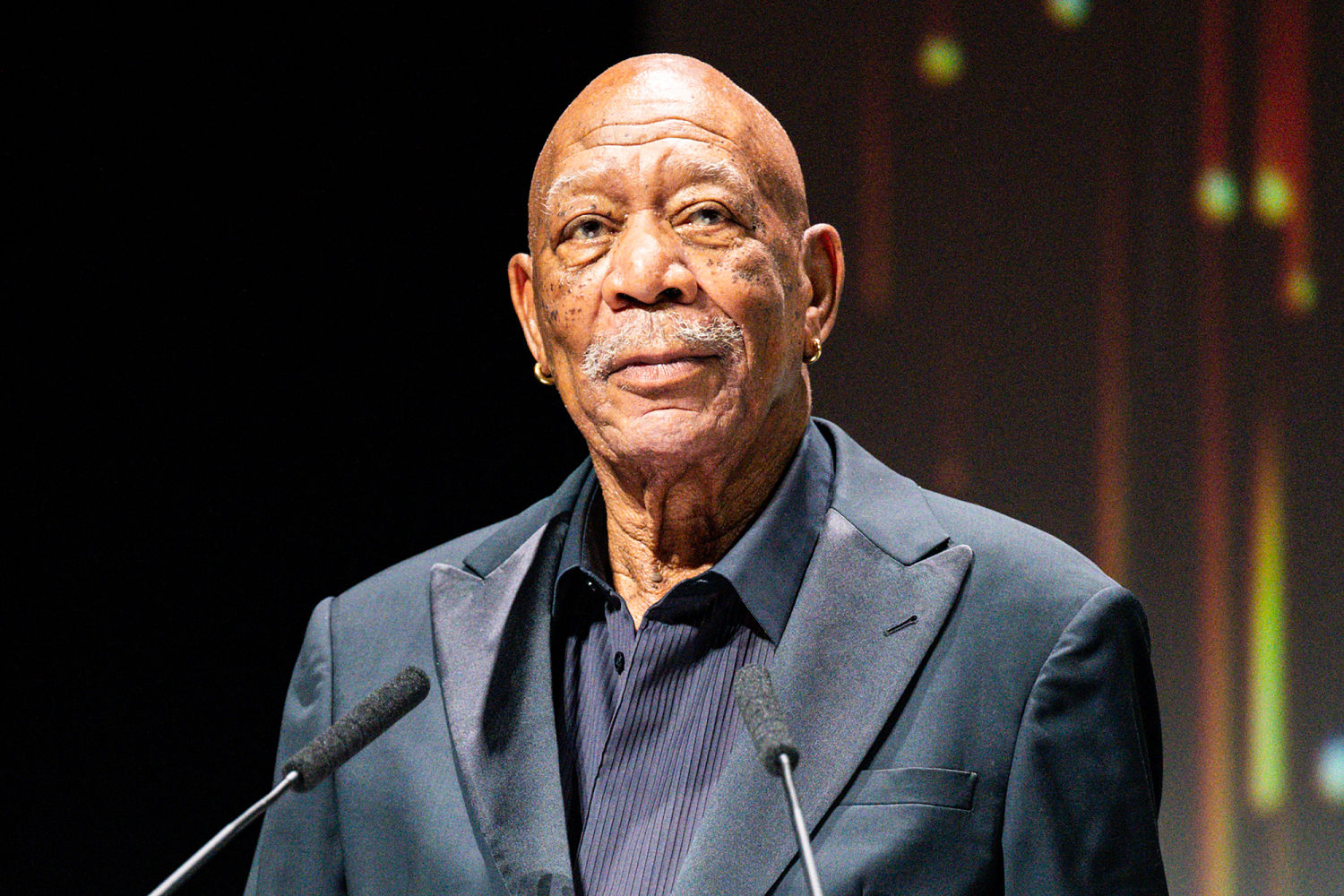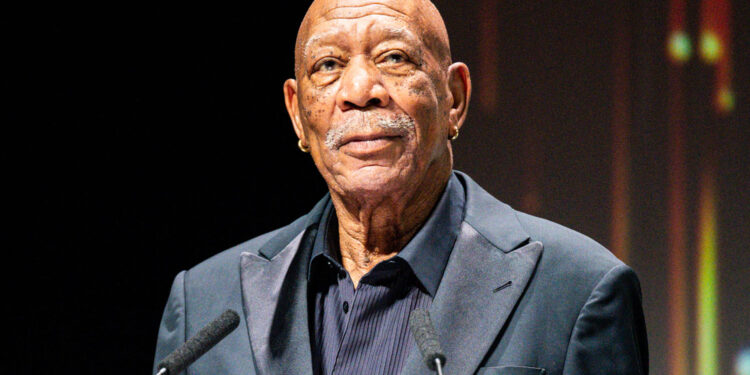
Oscar winner Morgan Freeman has spoken out after a TikTok creator pretended to be his “nepo niece” by replicating his voice — one of the most recognizable in Hollywood — with artificial intelligence.
In what the creator later stated was an “obvious joke,” TikTok account Justine’s Camera Roll had posted a video in which she claimed to be Freeman’s niece. The vlog, which went viral after it fooled some users on X, had an AI-generated version of Freeman’s voice facetiously narrating the influencer’s day.
“She asked for my credit card to book what she claimed was a little activity for her birthday,” the voice-over said. “Imagine my surprise when I was charged for a yacht. Basically, she embezzled.”
The actor, whose distinctly soothing voice has made him heavily sought-after in film narrations, shared a statement on social media Friday thanking internet users who pointed out that the voice was fake.
“Thank you to my incredible fans for your vigilance and support in calling out the unauthorized use of an A.I. voice imitating me,” he wrote. “Your dedication helps authenticity and integrity remain paramount. Grateful. #AI #scam #imitation #IdentityProtection.”
Reactions were mixed when the video began circulating online last week — some viewers appeared to believe the voice-over was authentic, while many others immediately identified it as AI and mocked those who didn’t catch on.
On Sunday, the influencer behind the video reacted with apparent shock at Freeman’s response and the subsequent media attention.
“I thought that it was very obvious that this was a joke, and now Uncle Mo is upset with me,” she quipped in another TikTok video. “If anyone from his team is watching, I am so sorry. I really just thought it was funny.”
Representatives for Freeman and Justine’s Camera Roll did not immediately respond to a request for comment.
The saga is the latest in a growing maelstrom of confusion and criticism — and sometimes legal trouble — around the use of generative AI to replicate celebrities’ likenesses without their consent.
Earlier this year, Drake removed a diss track from the internet after Tupac Shakur’s estate threatened to sue him for allegedly using the late rapper’s AI-generated voice in the song. AI-generated advertisements have also used the likenesses of public figures such as Taylor Swift, Scarlett Johansson and MrBeast to promote various products.
Though some hallmarks of AI-generated content are discernible to human eyes and ears, such tools are rapidly improving in their ability to generate hyperrealistic content. More than a year after the viral AI-generated image of Pope Francis in a white puffer coat fooled thousands online, fake AI images of Katy Perry at the Met Gala this year deceived even the pop star’s mother.






